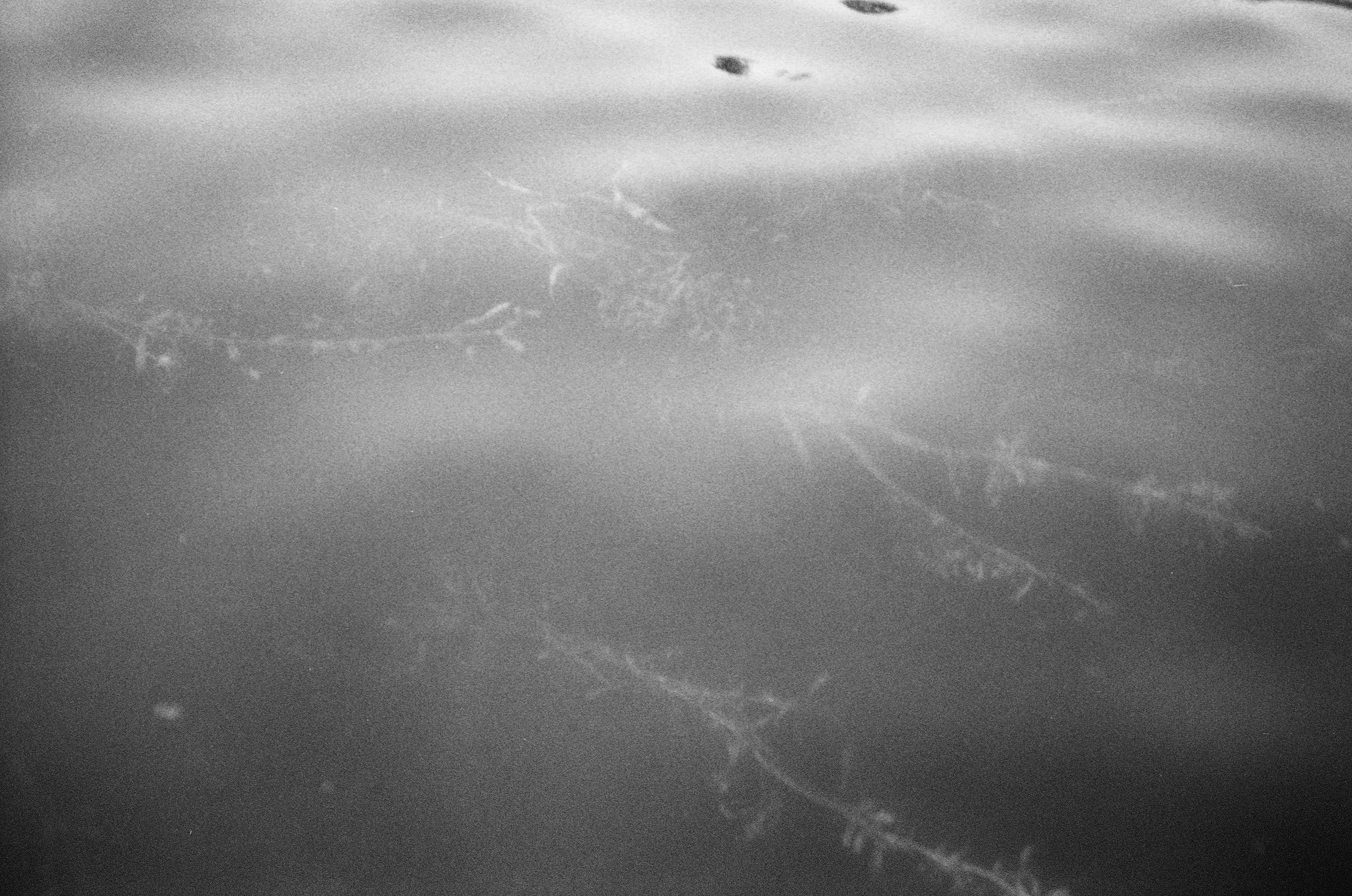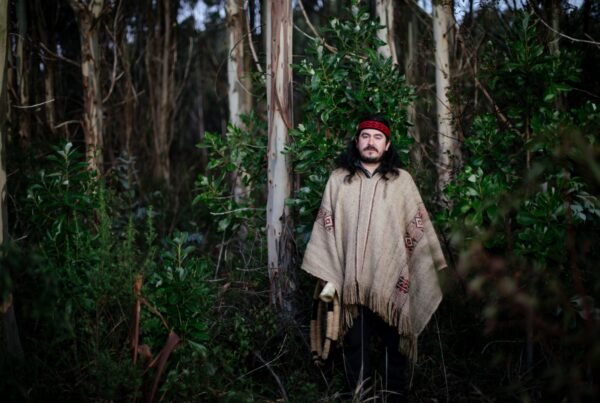by Aaron Vansintjan*
“Political ecology will remain a colonizing force until it credits Indigenous worldviews and supports the work of Indigenous scholars.“
Currently several connected issues are coming to a head in anthropology, political ecology, and environmental policy. You have political ecologists insisting that there is no nature separate from humans, and that environmental conservation schemes all-too-often fail. Ecomodernists have run with this idea, claiming that, instead of conservation, we need a new techno-future of nuclear power plants and GMOs to kick us past our environmental crisis. Many anthropologists and political ecologists disagree, arguing that we need to turn to other peoples who do not see nature and culture as separate, and learn how they care for their environment in their cultural institutions.
One thing these varying perspectives have in common is that they are embedded within European colonialist world-views. Zoe Todd, a Métis Indigenous scholar, wrote a blog post that went viral in academic circles last year, calling on Bruno Latour to cite indigenous scholars who have long contributed to the debate on the nature-culture divide. She argues that anthropology (and political ecology, by extension) will remain a colonizing force until it credits Indigenous worldviews for its insights and supports the work of Indigenous scholars.
I was grateful to be able to interview Todd to further explore these issues. I asked her how a decolonizing perspective would respond to the ecomodernists (unfavorably). We talked about the role that Indigenous law could have for addressing colonialist histories. As she had lived in Scotland and has written previously on the Scottish Independence movement from an Indigenous perspective, I asked her how she thought decolonization could occur within Europe, which remains so far removed from colonialist struggles today.
We also discussed gentrification and how it can be seen as a form of colonization—and how Indigenous people continue to be marginalized from cities in North America. Todd is a prolific and gifted writer, so she talked about how she saw writing as a way to stay alive, a way of creating home within an unstable academic life. Finally, and perhaps most fruitfully for the readers of this blog, we talked about the role that indigenous perspectives could have in decolonizing academia itself, and what some strategies may be for conducting research that does justice to colonized Indigenous people.
You can read the full interview here.
Zoe Todd (@ZoeSTodd) (Red River Métis/Otipemisiwak) is from Amiskwaciwâskahikan (Edmonton) in the Treaty Six Area of Alberta, Canada. She is a Lecturer at Carleton University, Ottawa, Canada and a PhD Candidate in Social Anthropology at the University of Aberdeen. She is a 2011 Trudeau Foundation Scholar. She researches human-fish relations, colonialism and Indigenous legal orders/governance in Canada.
* Aaron Vansintjan is a PhD student at Birkbeck, University of London and the Institute of Environmental Science and Technology at the Autonomous University of Barcelona. He is an editor of the website Uneven Earth and enjoys journalism, wild fermentations, decolonization and degrowth, and long bicycle rides.







One Comment